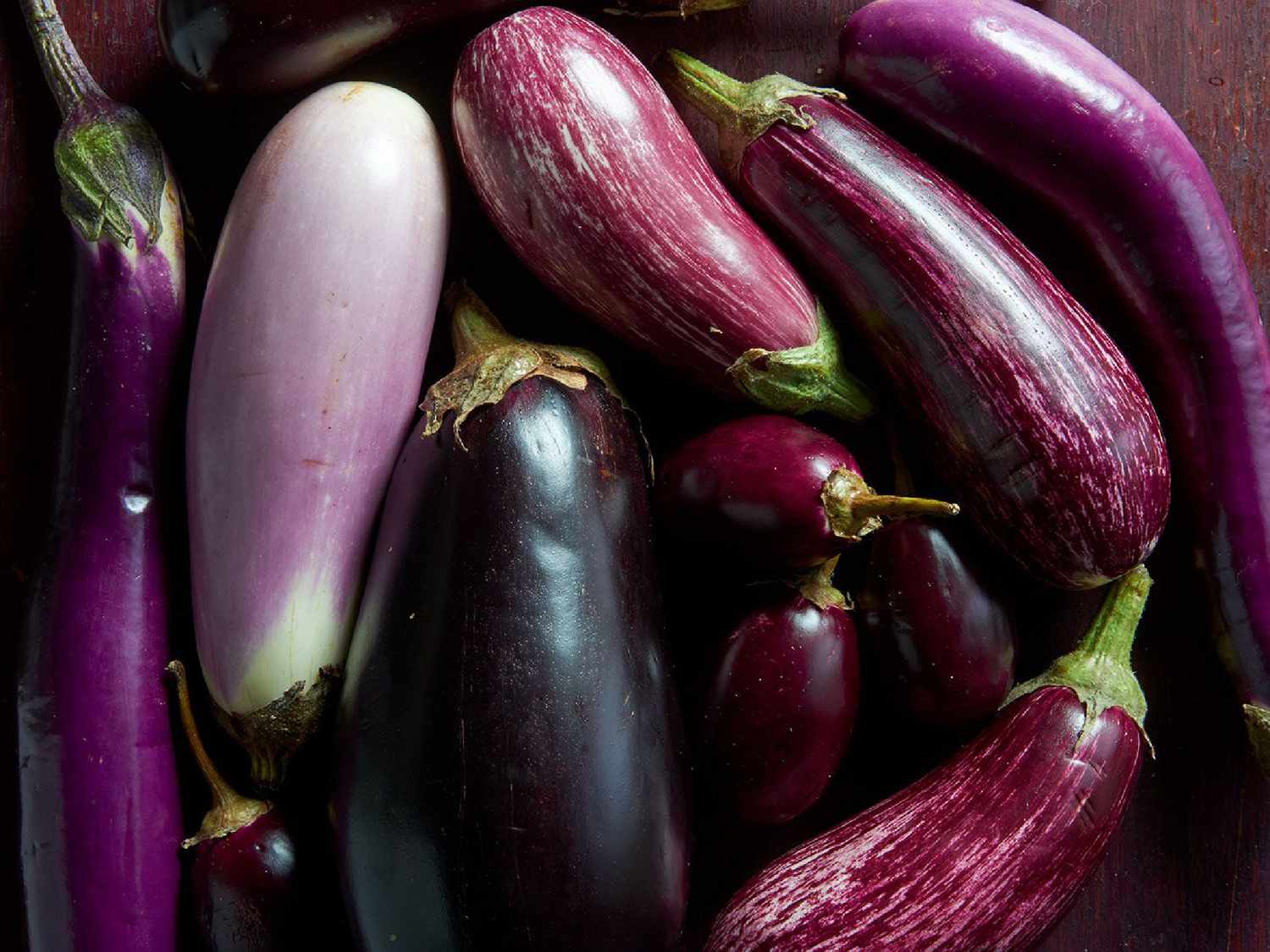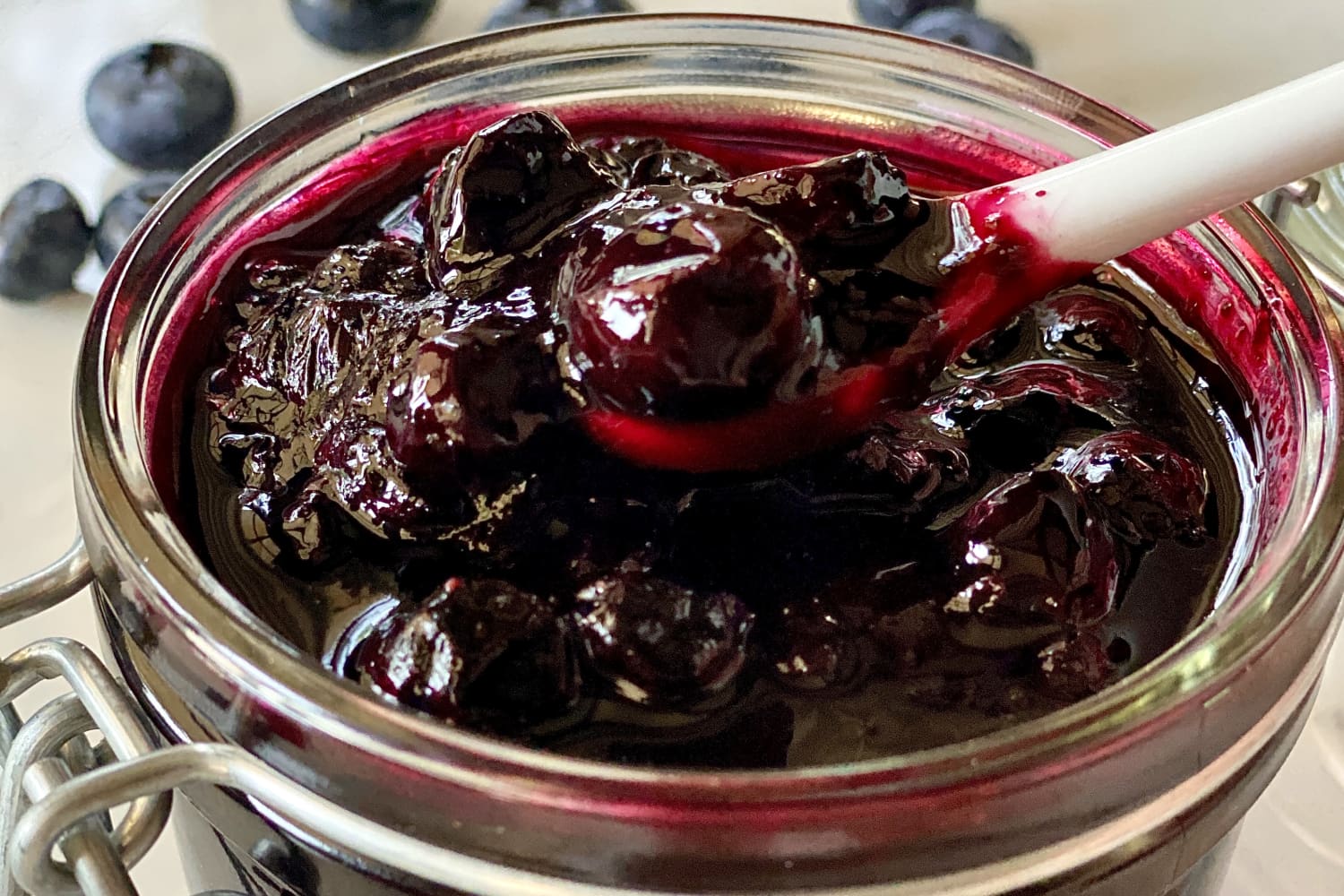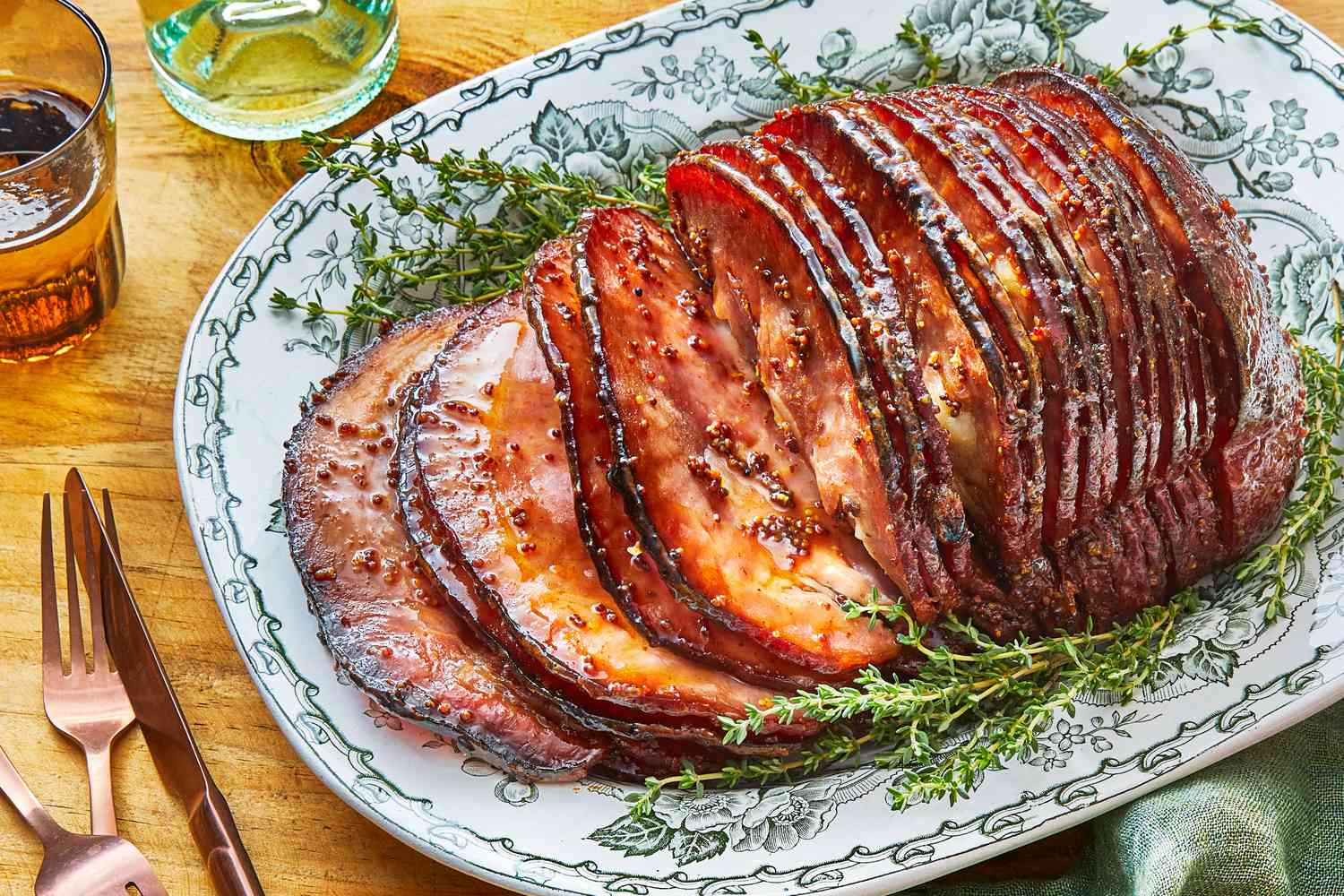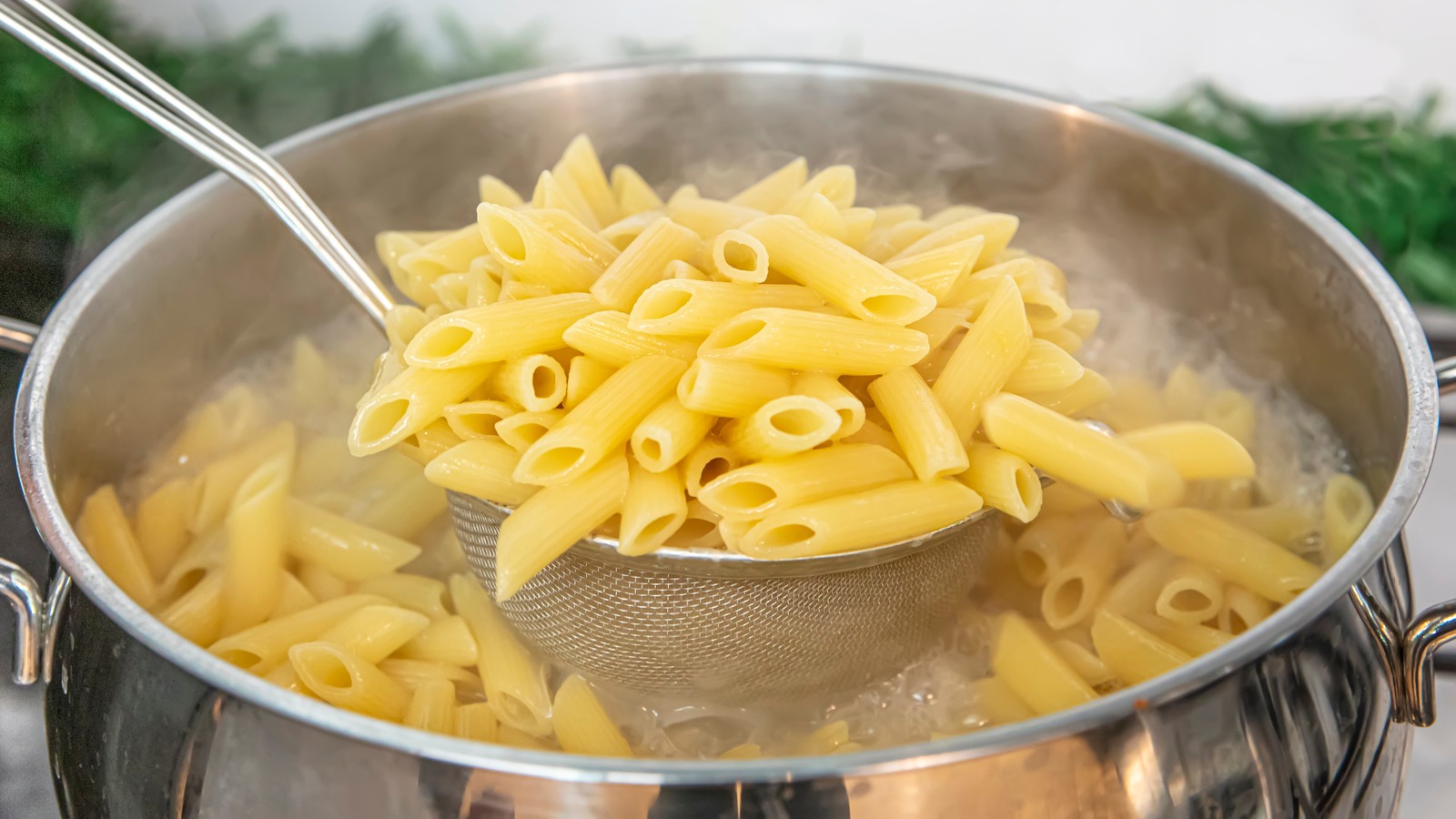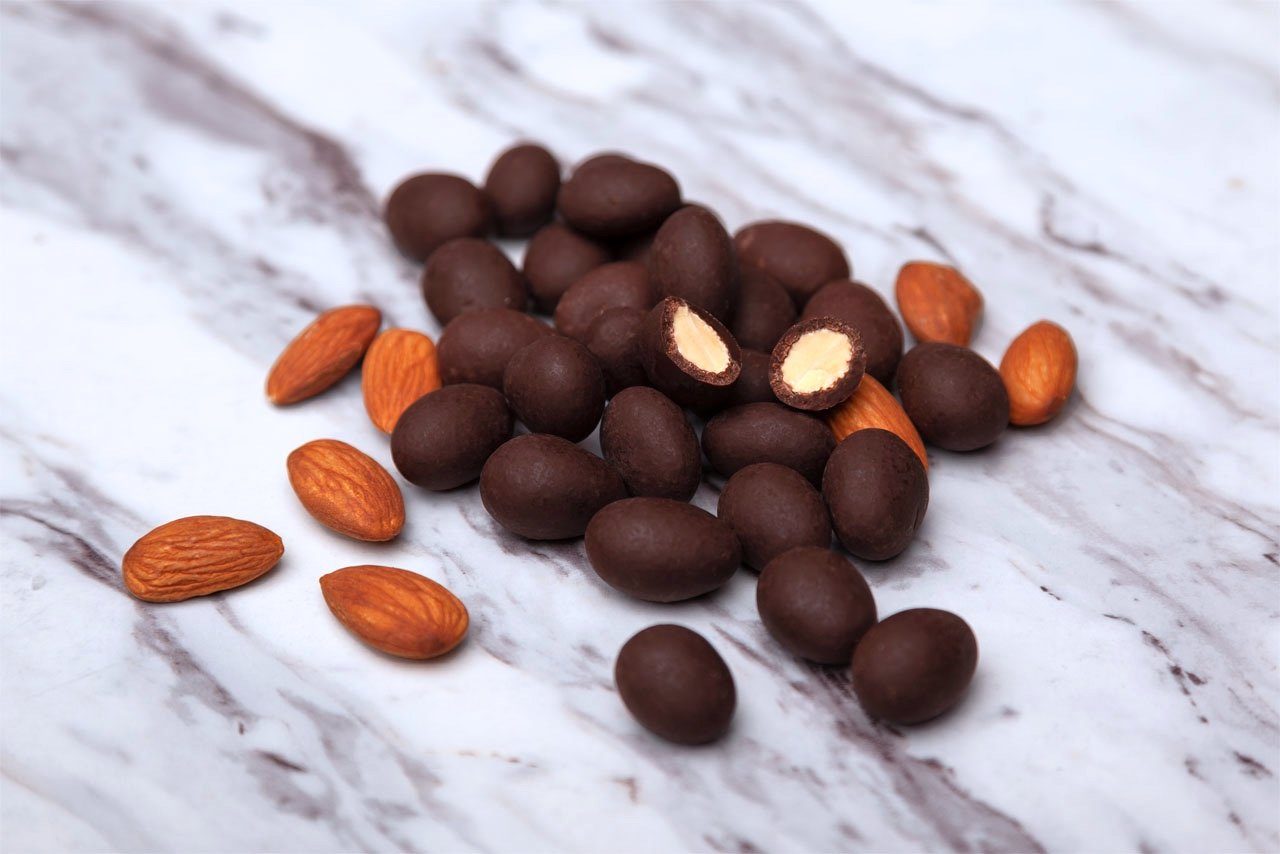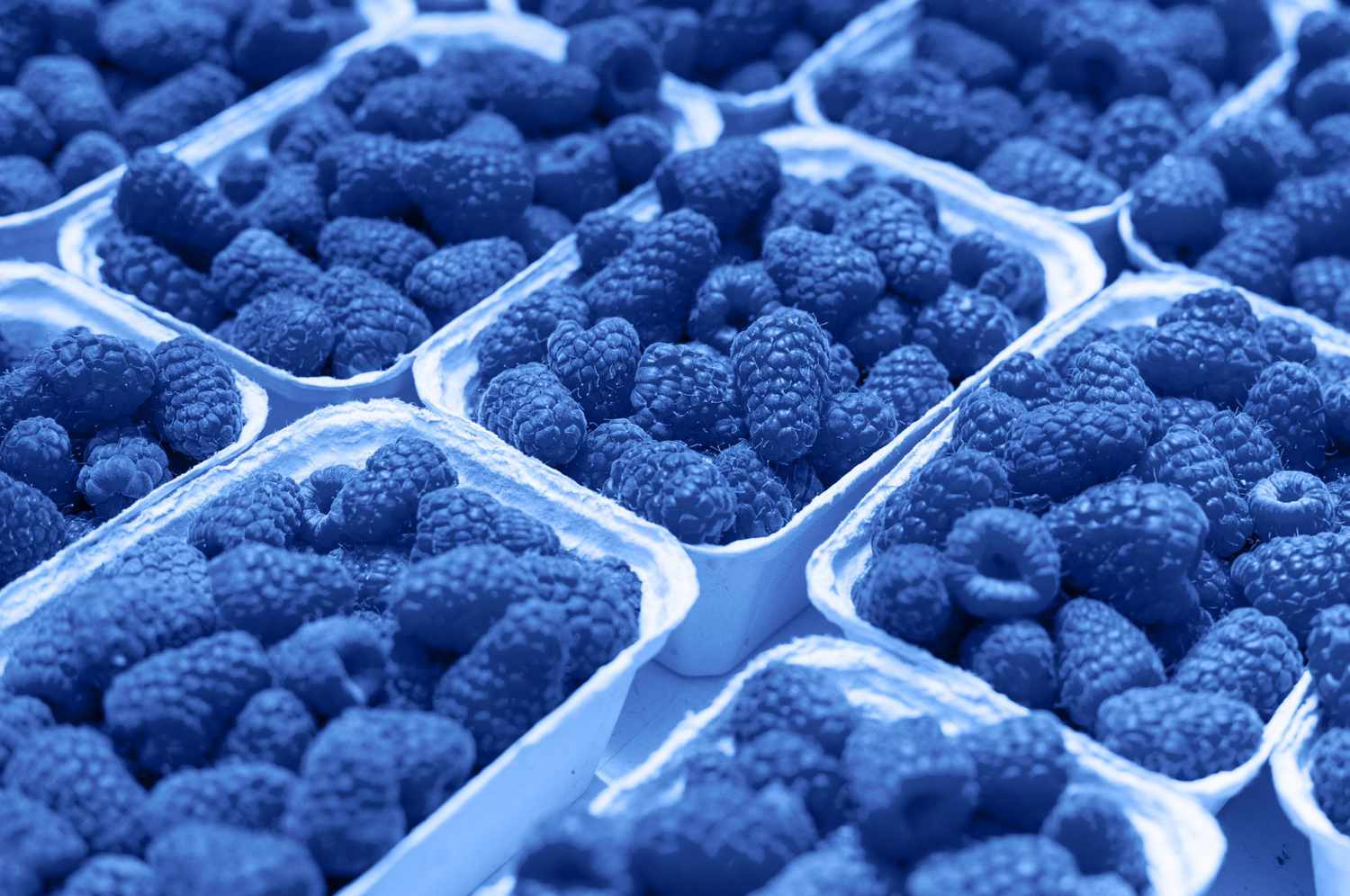Discovering the Delicious World of Cheese
Welcome to the wonderful world of cheese! Whether you’re a cheese connoisseur or just someone who enjoys a good cheese platter, there’s no denying the appeal of this versatile and delicious dairy product. But what exactly is cheese, and why is it so beloved by people all over the world?
What Is Cheese?
Cheese is a dairy product that is made from the milk of cows, goats, sheep, or other mammals. It is produced by coagulating the milk to separate the solid curds from the liquid whey. The curds are then processed and aged to create the wide variety of cheeses that we know and love.
The Many Types of Cheese
There are countless varieties of cheese, each with its own unique flavor, texture, and aroma. Some popular types of cheese include:
- Cheddar: A sharp and tangy cheese that is often used in sandwiches and burgers.
- Brie: A soft and creamy cheese with a mild, buttery flavor.
- Blue Cheese: A pungent cheese with blue veins running through it, known for its strong and tangy taste.
- Mozzarella: A mild and melty cheese that is commonly used on pizzas and in Italian dishes.
- Swiss: A nutty and slightly sweet cheese with the iconic holes throughout the wheel.
The Role of Cheese in Culinary Traditions
Cheese plays a significant role in the culinary traditions of many cultures around the world. It is used in a wide range of dishes, from classic French fondue to comforting macaroni and cheese. Cheese also adds depth and richness to salads, sandwiches, and appetizers, making it a versatile ingredient in the kitchen.
The Health Benefits of Cheese
While cheese is often associated with indulgence, it also offers several health benefits when consumed in moderation. Cheese is an excellent source of calcium, protein, and other essential nutrients that support bone health and muscle function. Additionally, certain types of cheese, such as aged varieties, contain probiotics that promote gut health.
Pairing Cheese with Wine and Other Foods
Cheese is a popular choice for pairing with wine, as the flavors of the two complement each other beautifully. When hosting a wine and cheese tasting, it’s important to consider the characteristics of the cheese, such as its texture and intensity, to find the perfect wine pairing. Additionally, cheese can be paired with fruits, nuts, and artisanal bread for a delightful and satisfying snack or appetizer.
Exploring the World of Artisanal and Specialty Cheeses
In recent years, there has been a growing interest in artisanal and specialty cheeses. Artisanal cheeses are typically handcrafted in small batches, using traditional methods and high-quality ingredients. These cheeses often boast unique flavors and characteristics, making them a favorite among food enthusiasts and chefs alike.
Conclusion
From its rich history to its diverse array of flavors, cheese continues to captivate our taste buds and inspire culinary creativity. Whether enjoyed on its own, paired with wine, or incorporated into a delicious recipe, cheese holds a special place in the hearts of food lovers everywhere. So, the next time you savor a slice of your favorite cheese, take a moment to appreciate the craftsmanship and tradition that goes into creating this beloved dairy delight.
Was this page helpful?
Read Next: What Is Beef Tallow?



